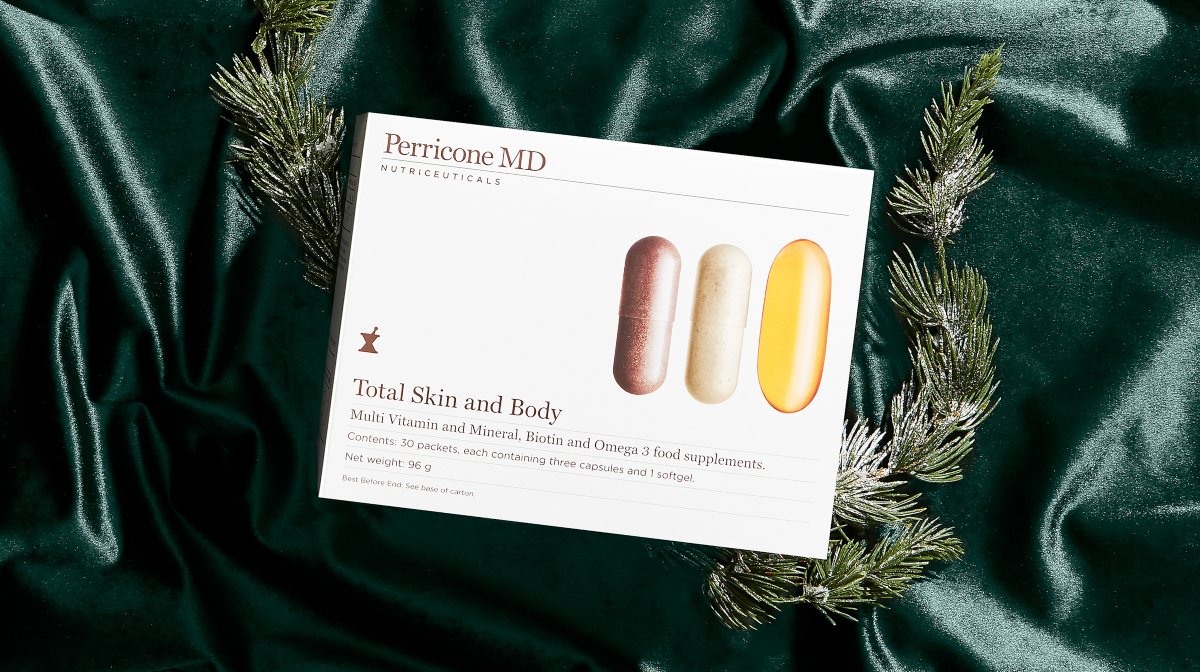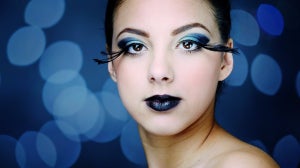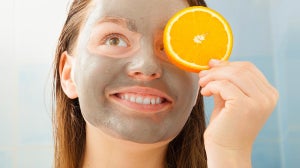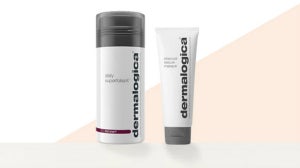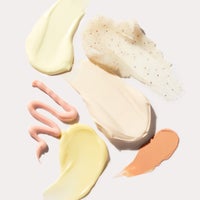
Perricone MD believes in beauty from the inside-out and outside-in. But what are the most common factors that lead to aging? Believe it or not, it’s all around you in your environment. See what those factors are, and how to prevent them, in the guest article below.
Factor #1: UV Rays
Only 14 percent of women wear sunscreen daily, according to the American Academy of Dermatology. And even those who do slather it on daily may not be getting nearly as much protection as they think. Anything less than the perfect dose provides less than the SPF on the label (so a 50 can quickly become a 15).
Worse news: Just because you’re inside doesn’t mean your skin is safe from the sun’s harmful rays. Whether you’re sitting in gridlock or in your corner office, if you’re by a window, you’re exposed to UVA rays—those that are responsible for aging instead of burning. And applying SPF every morning isn’t enough, as it’s only effective for about 3 hours.
Chronic sun exposure is directly linked to uneven skin tone, as well as an increase in lines and wrinkles with the breakdown of collagen and elastin.
Fix It With: Encapsulated Retinol
Retinol ramps up exfoliation, helping promote the turnover of new skin cells while speeding up the shedding of dead cell layers.
Retinoids (including Retin A or retinoic acid) mimic the master control gene that drives skin development, so they actually trick your skin into developing new collagen and elastin.
Many studies have shown retinoids reduce the look of fine lines, wrinkles & discoloration by accelerating surface skin exfoliation & renewal.
Factor #2: Dry Air
Whether you’re exposed to dry air because you live in a hot dry climate, or you spend the winter months indoors with the heat pumping (and no humidifier), it’s bad news for your complexion. That’s because dry air can make your skin age faster.
Fix It With: Eggshell Membrane
Because the eggshell membrane is made of insoluble protein keratin, it acts as a barrier between environmental aggressors and skin. In nature, its job is to make sure the egg embryo receives all the antioxidants and nutrients it needs to survive and thrive, and these benefits carry over to the skin when it’s applied topically. In a 2014 study, researchers found that egg shell membrane was proven to energize the skin, making it appear collagen-rich and more youthful. It can help act as a barrier to the dry air, keeping moisture where it should be--in the dermis.
Factor #3: Hard Water
Most tap water contains minerals like phosphorus and chlorine, both of which dry out skin and cause a buildup that can shift your pH balance. Exposing your skin to these chemicals as you bathe strip it and make it too alkaline. The lipid barrier of your skin—the one that holds all the healthy fats that keep skin soft and plump—is worn away every time it comes into contact with this water. Over time, skin gets drier and stiffer, and is more prone to sensitivity and wrinkling.
Fix It With: Polyamine Growth Factor
The whole idea behind these growth factors is they speak to the cells, telling them to create more healthy cells, or instructing them to repair damaged cells. When hard water chemicals create micro-injuries on the skin, our fibroblasts then spring into action, forcing the body to create more collagen to make up for what’s being depleted in your skin from environmental bad guys.
Factor #4: Pollution
You don’t have to live in a smog-infested city to know that pollution is all around us, and it’s a big problem. What may appear as fresh, clean air is likely filled with tiny, invisible-to-the-eye particulates dirt, exhaust, and other pollutants. Unfortunately, these particles are usually able to penetrate the skin’s protective barrier and wreak havoc deep below the surface, causing inflammation, dehydration, and amping up the production of MMPs. Yes, these are the enzymes that destroy collagen and cause wrinkles and sagging.
Fix It With: Eggshell Membrane, Retinol, And Polyamine Growth Factor
Combined in Perricone MD’s new High Potency Growth Factor Firming & Lifting Serum, the fusion of these three ingredients stimulates our skin’s own protective properties.
Factor #5: Harsh Climates
Winter is the most difficult time for skin, according to many dermatologists.
Frigid temperatures can sap the moisture out of even the most perfectly balanced, radiant complexion. Ice, wind, snow--these conditions suck the moisture out of your skin, leaving it dull and dry, as well as itchy and irritated.
Additionally, certain skin conditions, including eczema and psoriasis, become aggravated in the winter.
This skin-destroying process is actually called trans-epidermal water loss—or TEWL, and it occurs when the harsh, cold air dehydrates the skin by triggering inflammation, disrupting the skin’s protective barrier and allowing water loss through that broken barrier.
Fix It With: Eggshell Membrane
Researchers found that eggshell membrane reduced roughness, contour, and wrinkle depth. Additionally, they saw a reduction in the appearance of redness - more fibroblasts were created and skin was better able to fight off free radicals to help better support the skin’s lipid barrier.

